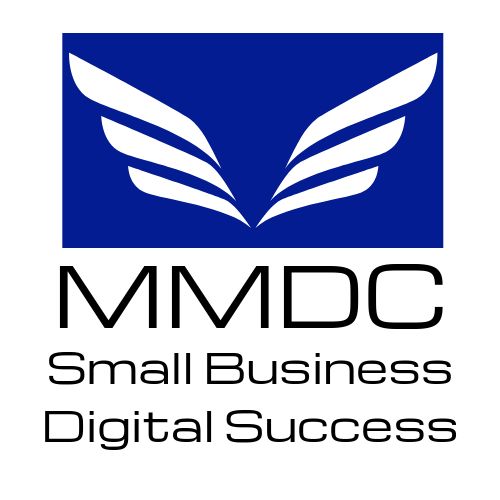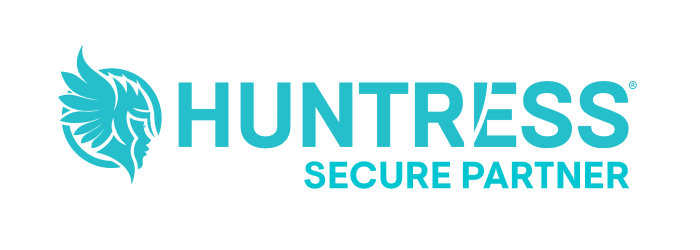What Does SEO Mean?
Search Engine Optimization, or, in Other Words: Digital Success

What Does SEO Mean?
When opening a small business, you will constantly hear the term SEO. People will ask you what you are doing with your current SEO strategy, they will ask you about keywords, and they will ask you about long-tail SEO options. If you are unfamiliar with these terms, you may think they speak an entirely different language. Don’t be embarrassed, though; not everyone truly knows what this means, which often leads them to ask, “What does SEO Mean?”
Search Engine Optimization
SEO, or search engine optimization, is the process of improving and enhancing the amount and quality of website traffic to your website or web page. This focus drives this engagement directly from a search engine such as Google or Bing. SEO targets unpaid traffic, also known as organic traffic. It does not focus on paid traffic or advertising engagements and conversions.
Search Engine Optimization Techniques
It can be hard to determine the best way to use SEO within your own content and website. Many people are tempted to begin to stuff keywords and phrases all over the place. Others like to tackle it with blogs, forums, and analytics tools. No technique is the perfect solution, but using a combination of techniques gives the best results. Some of these techniques should include things such as:
- Writing for people and your targeted audience first and focusing on SEO second. This is because Google can tell if you are stuffing your content with keywords, which can make it hard to read and irrelevant. Your content should be clear, concise, and understandable to rank well.
- Use keywords in a moderate manner. Do not just stuff them all over the place and expect good results. Really intelligent, well thought out, and researched keywords will do better on a website than a large portion of stuffed and random keywords.
- Make your SEO eye-catching. Words are not the only thing that will catch a user's or Google’s eye. Using imaging with keywords and relevant information can also boost engagement.
- Format your content appropriately. There are different ways to answer a question or blog that will enhance your SEO and ranking. These formats are strategized to hit key SEO trends that Google looks for. For example, the proper use of bullet points, answering a Q&A, or bolding information.
SEO is critical to the success of your overall website presence and business. If you want to grow, you must find the right ways to incorporate SEO into your business plan and marketing strategy. This will garner the best results possible.
SEO Tools for Your Business
Now that you understand the importance of SEO on your website, you are probably wondering how to incorporate it and what tools you can use to help. There are hundreds of SEO tools available online. Some have paid subscriptions, while others are completely free. Not every SEO tool is made the same, so it is important to do your research before signing up for one. Some of the best tools available for SEO are:
- Google Search Console
- Semrush
- BuzzStream
- DreamHost SEO Toolkit
- Moz Pro
- Linkody
- Ontolo
Most of these subscriptions are paid. Some offer a finite quantity of searches per day for free and then require a subscription. Use a free trial to determine which one works best for you and your business before making a financial commitment.
Moving Forward with SEO
It is now time to move forward and incorporate SEO into your marketing strategy. If you do not offer service and are solely based online, this is even more important. This is the biggest way to drive traffic to your website and build clientele. If you are stuck and unsure how to proceed, it is best to hire a professional. They can set you up, show you the ropes, and help you rank quickly and efficiently.












